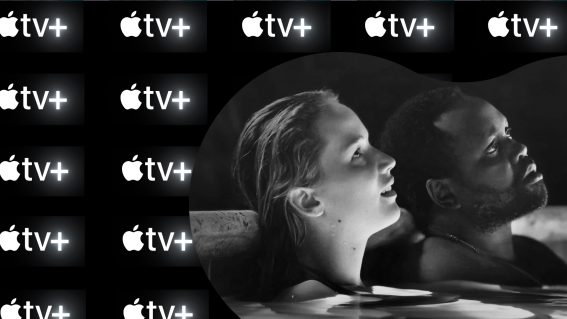Let’s Stop Using “Pretentious” and Start Using “I Don’t Get It”
I was 15ish when my dad got me to watch Blade Runner for the first time (the proper version, not the theatrical cut). He must have thought I was gonna cherish it like a film nerd flocking to 2001: A Space Odyssey. But 15-year-oldish me was flocking to 2004: A Schlockbuster Odyssey with films like […]

I was 15ish when my dad got me to watch Blade Runner for the first time (the proper version, not the theatrical cut). He must have thought I was gonna cherish it like a film nerd flocking to 2001: A Space Odyssey. But 15-year-oldish me was flocking to 2004: A Schlockbuster Odyssey with films like Van Helsing and The Day After Tomorrow.
Fully aware of its status as a sci-fi masterpiece, I gave Blade Runner two hours of my young life. There was lots of cool shit in it – futuristic flying cars, gunfights, chase sequences, an awesome eye-gouging scene – that made my dumb teenage ass happy. But then there was the other stuff – dreams of a unicorn, a guy with an origami fetish, something about crying rain – that I just did not get.
I didn’t try to understand Blade Runner when I was 15ish; that’s easy for me to admit now. But back then, I stood on the high ground and told my dad “It’s a little pretentious…”
Luckily my dad respected my stupid opinion, because he had the legal right to judo flip me through a glass table.
That memory always resurfaces when I see the word ‘pretentious’ used to describe a film, and it makes me wonder why we use it so often. By common definition, to be ‘pretentious’ is to have or show the unpleasant quality of wanting to be regarded as more impressive, successful, or important than you really are (via Merriam-Webster).
By calling a film ‘pretentious’, we’re essentially saying it’s pretending to be deeper, smarter or simply better than it actually is.
It’s a good word too, because when we’re faced with a movie that threatens to be deeper, smarter or simply better than us, we can retaliate with “That movie was really pretentious.” It’s a successfully condescending term that puts us above the film, rather than having the film loom above us.
But I’ve recently come to wonder: is it really a constructive criticism or is that a smart-sounding way to say “I don’t get it”?
And what exactly is wrong with saying “I don’t get it”? This doesn’t directly imply that you’re shallow, stupid, or unworthy of the film – it simply establishes a disconnect. Even if you’re ‘fluid in the language of film’, you can’t be expected to coherently understand EVERY film that comes along. You, the reader, understand English perfectly well, but I doubt you know what ‘remuneration’ means.
(And if you DO know what ‘remuneration’ means, then you deserve some laconic antediluvian felicitations.)
It probably doesn’t help that when you frequently review films for whatever reason, you’re forced to take a stance. Was it good? Was it bad? Does it succeed? Does it fail? How many stars would you give it? Does it deserve an Oscar? Are the critics overhyping it?
It assumes that you and the film have an understanding, asking you to partake in a match filled with other people’s opinions. But if you don’t know what the sport even is, what’s the point of jumping onto the field?
Perhaps, given my profession, it would be considered dangerous to admit that I don’t get some films. But I feel it’s a smarter move than wrongly overusing the ‘pretentious’ label. So let me say this out-right:
Under the Skin? I don’t get it.
Only God Forgives? I don’t get it.
The Congress? I don’t get it.
Spring Breakers? I don’t get it.
A Pigeon Sat On A Branch Reflecting On Existence? I don’t get it.
That horse scene in Michael Clayton? I don’t get it.
Terrence Malick’s life? I don’t get it.
I’ll tell you what: that feels good to say. It feels really good to say. Because when I don’t understand a film, that’s all I have to say.
This is not to say that we need to ban the word ‘pretentious’, we just need to save it for a super special movie – like a 43-minute film about a fucking window.























